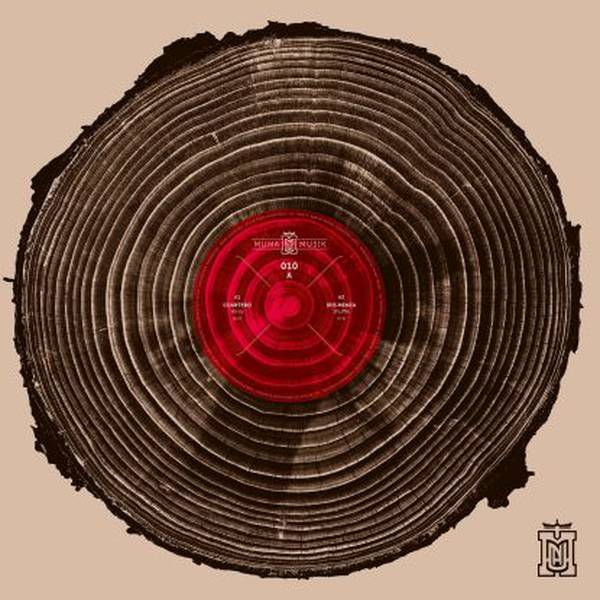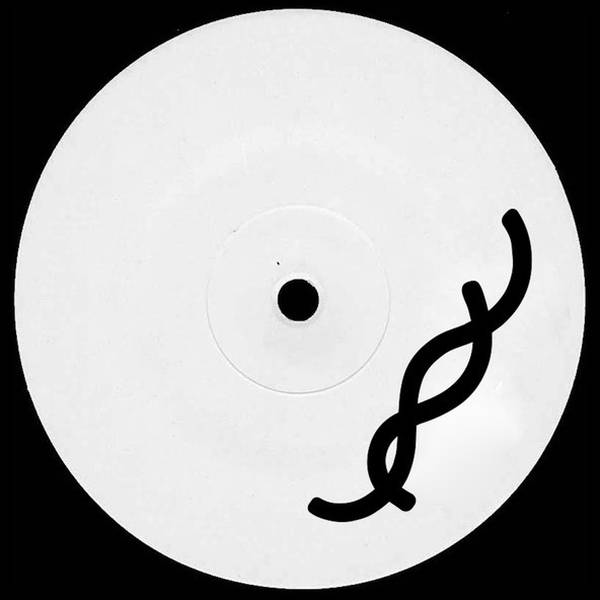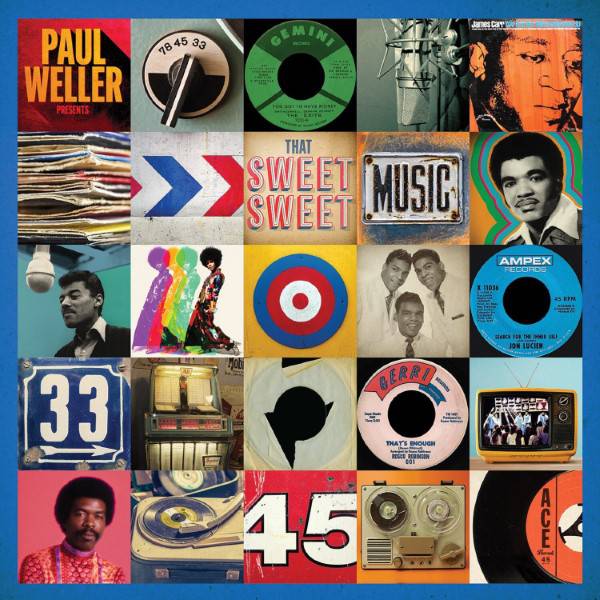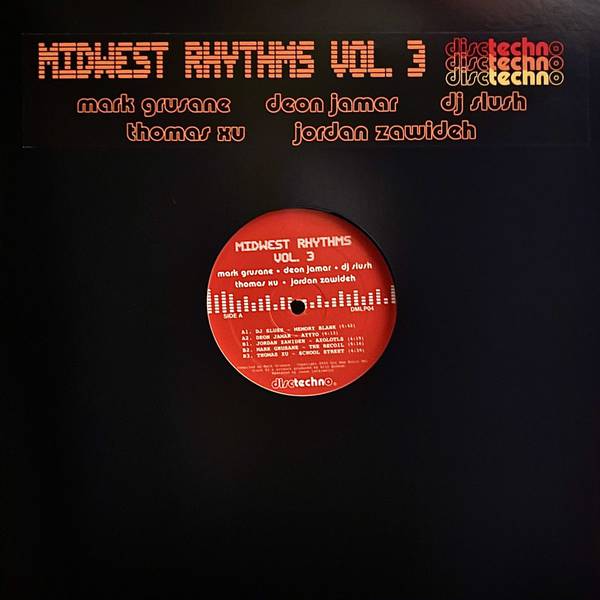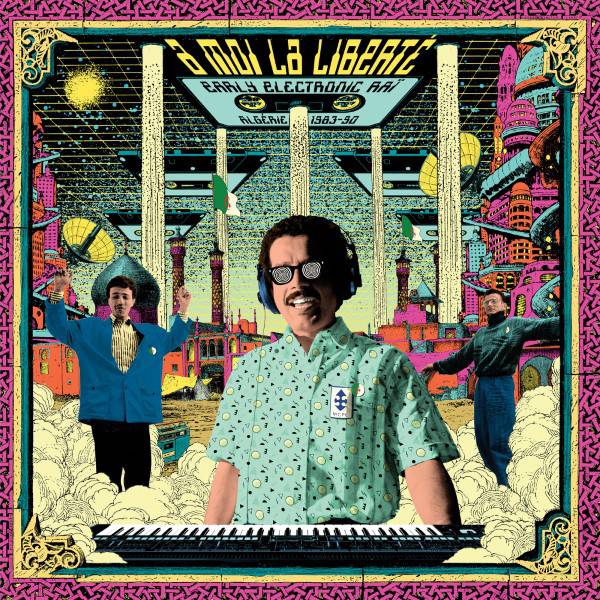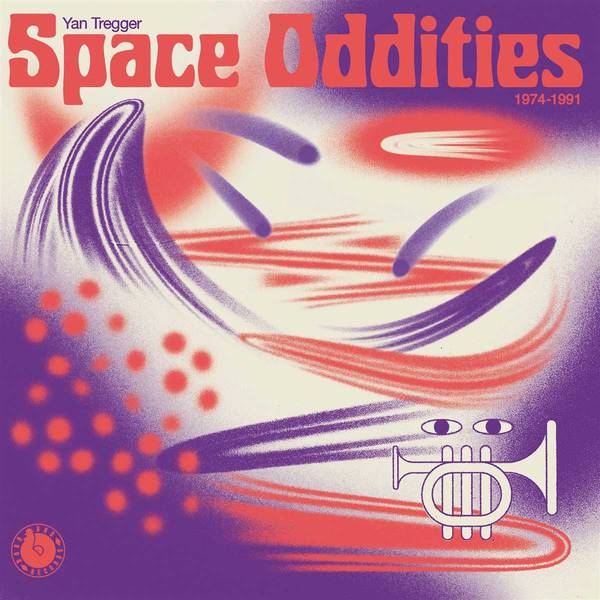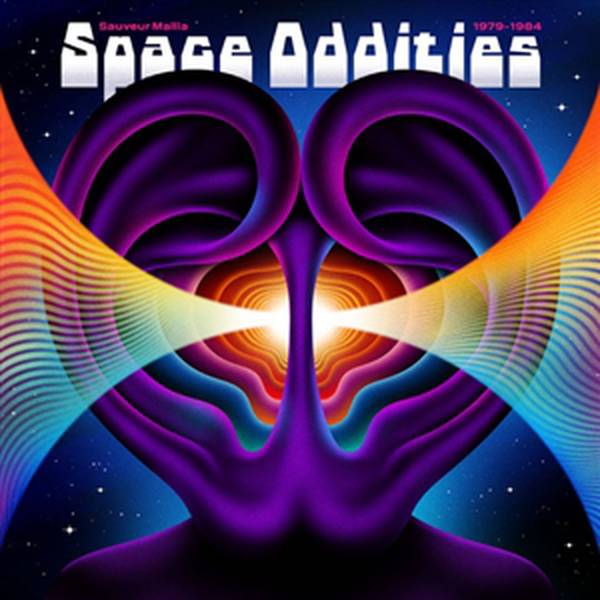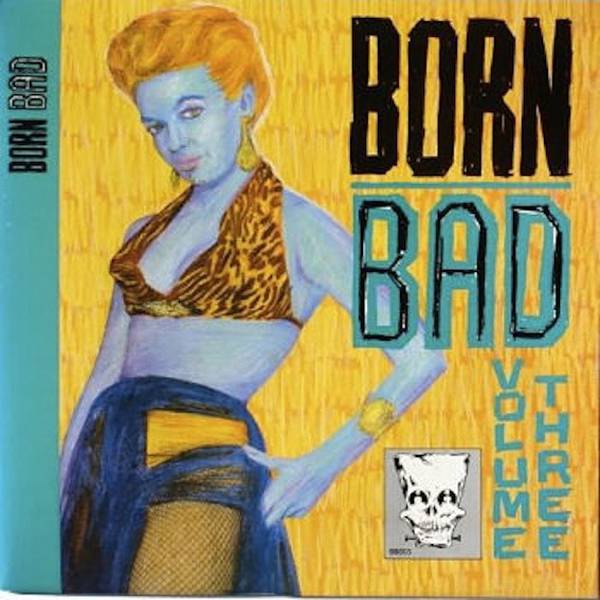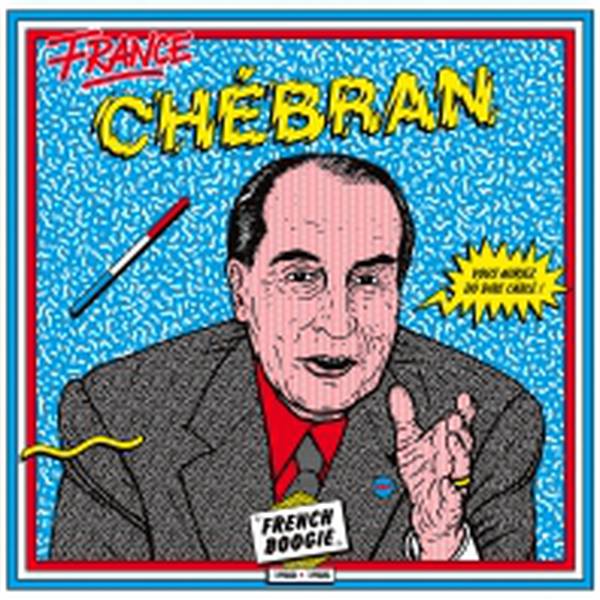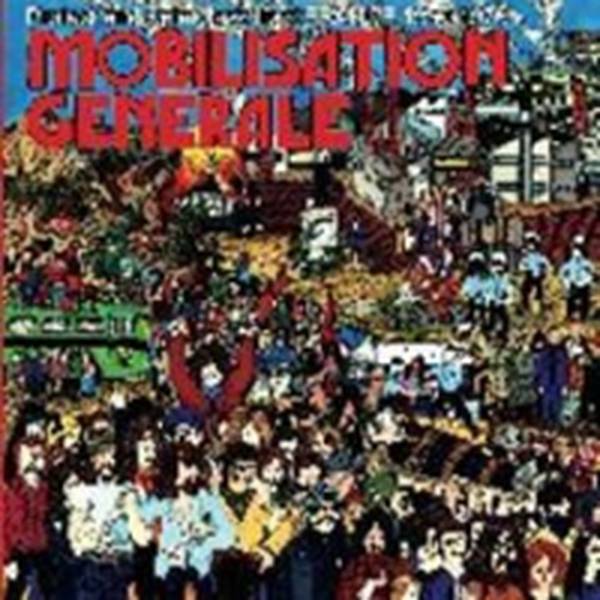
Tax included, Shipping not included
While singles from the Stones, Who, Kinks and MC5 provided an incendiary soundtrack for the revolution, it was Black Americans who truly blew the world from its foundations in the 60s. The french label Born Bad compiles 12 tracks from this era for this incredible compilation - check!!rnOrnette Coleman, Cecil Taylor, Eric Dolphy, Albert Ayler and Archie Shepp left behind the jazz of their fathers' generation, liberating the notes, trashing the structures, diving headfirst into furious improvisations, inventing a new land without boundaries - neither spiritual nor political. Free jazz endowed the saxophone with the power to destroy the established order. In 1969, the Art Ensemble of Chicago arrived at the Théâtre du Vieux Colombier in Paris and a new fuse was lit. Their multi-instrumentalism made use of a varied multiplicity of "little instruments" (including bicycle bells, wind chimes, steel drums, vibraphone and djembe: they left no stone unturned), which they employed according to their inspirations. The group's stage appearance shocked as well. They wore boubous (traditional African robes) and war paint to venerate the power of their free, hypnotic music, directly linked to their African roots. They were predestined to meet up with the Saravah record label (founded in 1965 by Pierre Barouh), already at the vanguard of as-yet unnamed world music. Brigitte Fontaine's album Comme à la radio, recorded in 1970 after a series of concerts at the Théâtre du Vieux Colombier, substantiated the union of this heiress to the poetic and politically committed chanson francaise (Magny, Ferré, Barbara) with the Art Ensemble of Chicago's voodoo jazz and the Arab tradition perpetuated by her companion Areski Belkacem.
